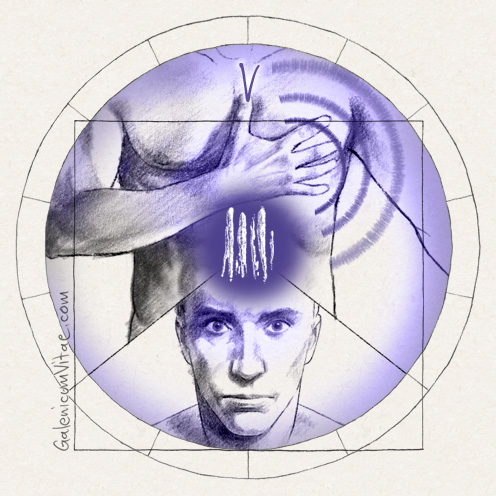Cocaine is highly addictive. Its short-term effect on the central nervous system produces euphoria, agitation and increased activity, feelings of grandiosity, decreased sense of fatigue, hyper thought, reduced need for sleep, appetite suppression and increased aggression. Physiological effects such as increased blood pressure, pupil dilation, abnormal rapid heartbeat (tachycardia) are described.
In the medium- and long-term, cocaine causes neurological and psychiatric disorders. Paranoid states, psychotic episodes and affective symptoms of depression are described. By activating the neuroreceptors with a stimulating effect there is risk of myocardial infarction, and cerebrovascular accidents. The risks associated with the route of administration must also be added.

 Digestive
Digestive  Blood
Blood Cardiovascular
Cardiovascular Dermatology
Dermatology Genitourinary,
Genitourinary, Hormones
Hormones Infections
Infections Oncology and
Oncology and Musculo-skeletal
Musculo-skeletal Mental health and
Mental health and Parasites
Parasites Respiratory
Respiratory Senses
Senses Various
Various




